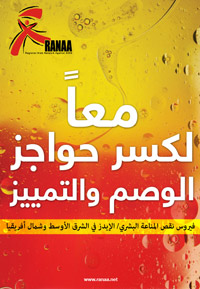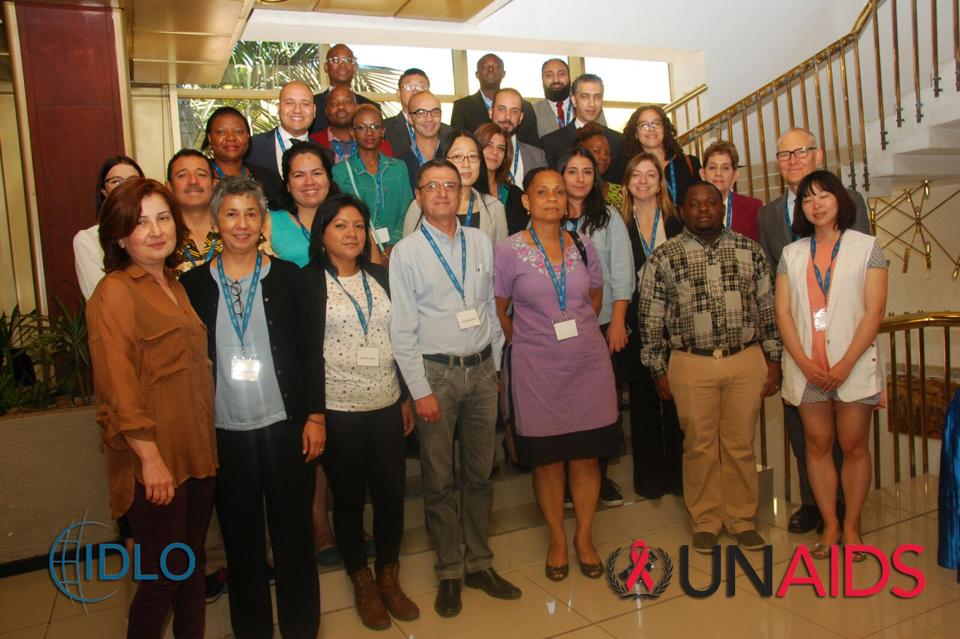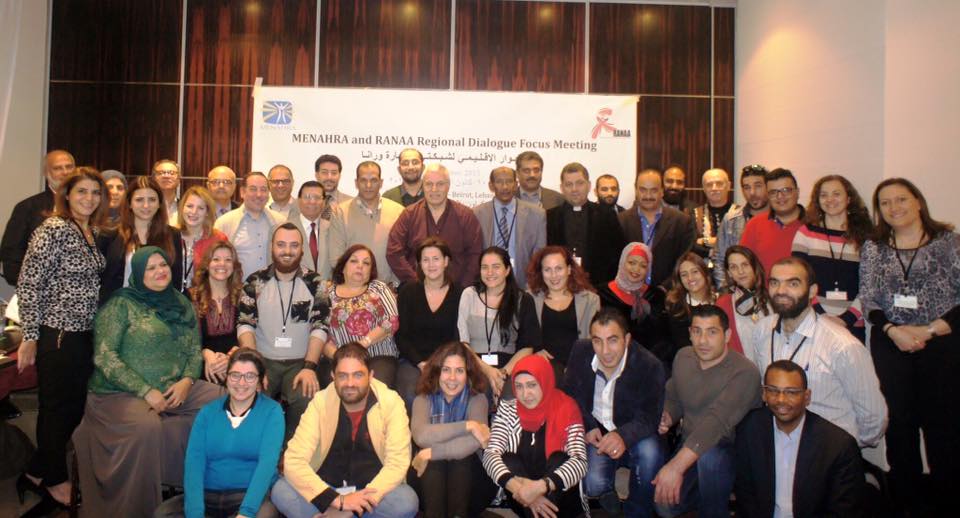HIV-positive youth are less likely than adults to achieve viral suppression on antiretroviral treatment
- Details
- Parent Category: Publications/Resources
- Hits: 1306
While adolescents and young adults are about as likely as older people to be linked to care after being diagnosed with HIV in the United States, less than a third were retained in care or started antiretroviral therapy (ART).
ICW Statement on UNAIDS Strategy 2016–2021 Review
- Details
- Parent Category: Publications/Resources
- Hits: 1197
The International Community of Women Living with HIV (ICW) is pleased to see that much of our input into earlier drafts of the strategy especially those articulated in the ICW Position Statement on UNAIDS 2016-2021 Strategy is reflected here; particularly regarding the need to include a strong and comprehensive focus on the needs of women and girls living with HIV.
Read more: ICW Statement on UNAIDS Strategy 2016–2021 Review
Active involvement of young people is key to ending the AIDS epidemic by 2030
- Details
- Parent Category: Publications/Resources
- Hits: 1208
While major advances have been made in responding to HIV and ensuring access to lifesaving treatment, progress for adolescents urgently needs to be scaled up.
Read more: Active involvement of young people is key to ending the AIDS epidemic by 2030
Communities are essential to HIV response
- Details
- Parent Category: Publications/Resources
- Hits: 1248
A new report by UNAIDS and the STOP AIDS Alliance emphasises the important role of communities around the world in combating HIV. Communities have been central to the HIV response since the beginning of the epidemic in the 1980s.
HIV-positive mothers thrive on peer support
- Details
- Parent Category: Publications/Resources
- Hits: 1241
Two major studies presented at the recent International AIDS Conference in Vancouver highlight the importance of peer and community interventions in improving outcomes for mothers living with HIV. Support to ensure timely access to prevention of mother to child transmission (PMTCT) services and encouragement to stay in care are central to this.
Login Form
Mailbox
You are not logged in.
Breaking The Walls

Media
3rd Inter-regional Consultation on HIV - related Services and Rights
25-27 November 2015, Harare - Zimbabwe.

Regional Dialogue Focus Meeting Assembly
8 - 11 December 2015, Beirut - Lebanon





